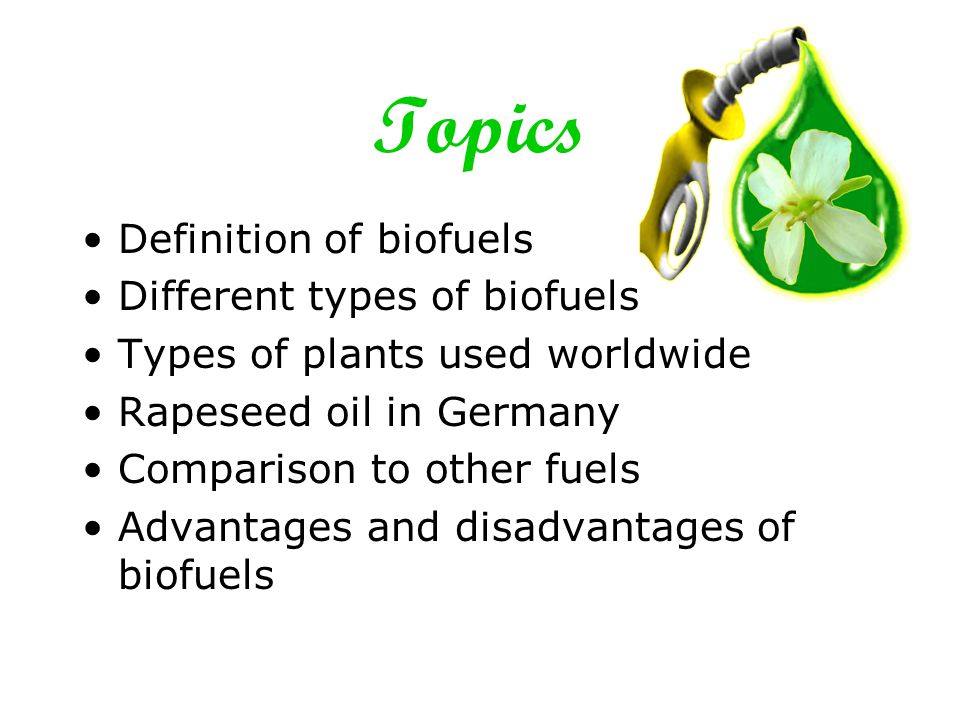
The burning of fossil fuels creates energy by converting the chemical energy in the fuels into heat energy. This heat energy converts to kinetic energy. It is used to drive turbines. Then, electrical energy is produced. This method can reduce the use of fossil fuels in your home and business. But you need to understand the environmental consequences of burning fossil fuels. If you want to make the most of renewable energy resources, you need to find alternatives to fossil fuels.
Alternatives to fossil fuels
Although fossil fuels are the most important source of energy, the energy sector is also one of the major contributors to climate changes. Additionally, the world's fossil fuel resources are finite. Soon, they will all run out. Humans will have to find other, more sustainable energy sources. Solar energy is a promising alternative. These panels are capable of producing electricity even in low-light environments. Solar energy may become the mainstream method of producing energy in the future.

Hydropower is another renewable energy resource. Hydropower makes electricity using natural energy that is generated by the flow of water. This was one the earliest ways to generate electricity, but it lost popularity as fossil fuels became more popular. Hydropower is a renewable, clean source of power that can be used for irrigation and flood control. You can use it anywhere there is water flow. It's also an economical alternative to energy.
Fossil fuel burning can cause pollution
Despite the need for energy in industrialized societies, the use and abuse of fossil fuels is costly to the environment, society, and economy. Producing fossil fuels can cause harmful emissions in the atmosphere, which contribute to global warming as well as the pollution of waterways. The burning of fossil fuels can also deplete natural resources. These emissions can cause harmful health effects by causing air pollution. Therefore, it is important to reduce emissions and conserve natural resource.
Carbon dioxide from fossil fuel combustion contributes to global warming, which is a major threat to human populations and ecosystems. The greenhouse effect traps even more heat in the atmosphere from carbon dioxide that is produced by burning fossil-fuel fuels. This causes sea level rise, climate change, and scarcity food. Natural gas, although it is the cleanest fossil fuel is still a major contributor of global warming.
Fossil fuels' environmental impact
Carbon emissions from the burning of fossil fuels are causing climate change - one of the most serious long-term consequences of humankind's use of fossil fuels. The atmosphere is exposed to 33 billion tonnes annually of carbon dioxide, mostly from the combustion of fossil fuels like coal, oil, and natural gases. The carbon in fossil fuels reacts with the oxygen in the air to form CO2, which acts as a blanket that warms the Earth. From extreme weather to rising sea level, the warming of Earth will have numerous negative consequences.

Air pollution is another problem resulting from the burning of fossil fuels. This pollution can have a negative impact on the health of both humans and animals, but it is particularly harmful for children. Toxic sulfur dioxide from fossil fuels can cause a host of health problems including cancer and heart disease. As sulfur dioxide dissolves into water, it forms sulfuric acid, which reacts with other gases in the air, causing acid rain. Acid rain can cause soil acidity to rise, which has a negative impact upon crops.